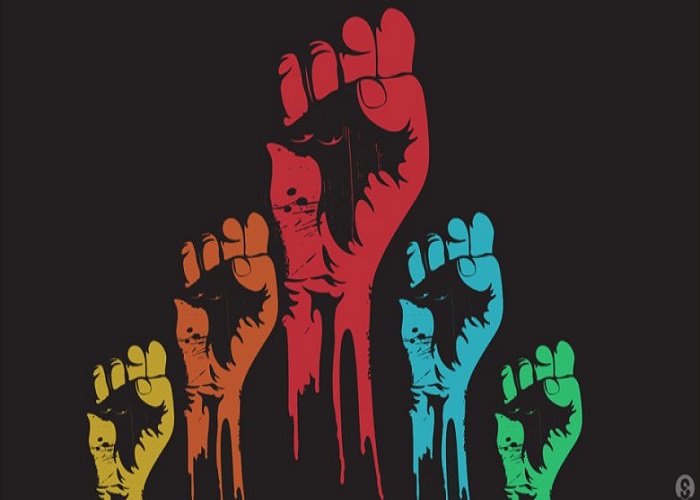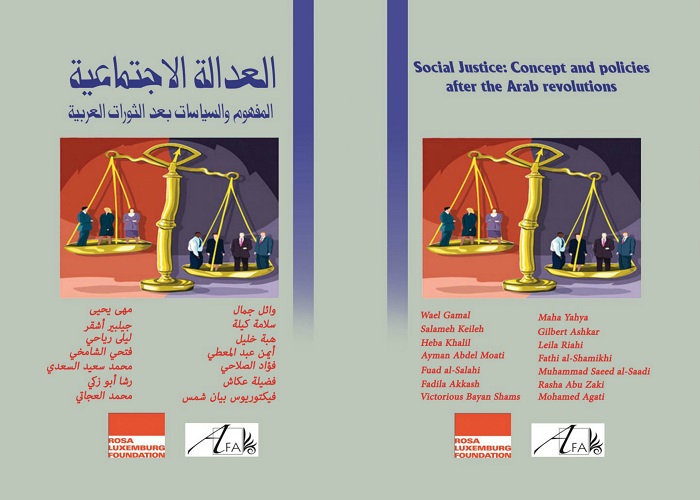Social Justice and the civil society between strategies of defense and development
Mohamed ElAgatiThe role of civil society in achieving social justice has emerged with its establishment in the very beginning, even if it was only excluded to the charitable aspect. The core idea was to improve the most marginalized and poor categories, even if the charitable work is not enough in that context. Civil society has reached a certain degree of maturity with the Arab revolutions. It attempted to play a pivotal role in achieving objectives of revolutions that raised certain slogans when they emerged and social justice was in the heart of them either directly or through other slogans such…










